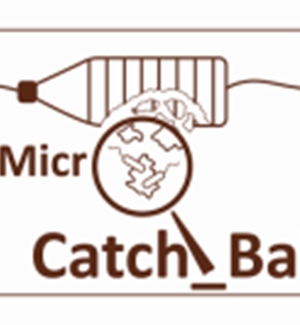- aquadrat ingenieure GmbH - Germany,
- Bundesanstalt für Gewässerkunde (BfG) - Germany,
- Goethe University Frankfurt - Germany,
- inge GmbH - Germany,
- ISOE – Institut für sozial-ökologische Forschung GmbH - Germany,
- IWW Rheinisch-Westfälisches Institut für Wasserforschung gemeinnützige GmbH - Germany,
- Leibniz Institute of Polymer Research Analytics (IPF) - Germany,
- Leibniz-Institut für Ostseeforschung Warnemünde Stiftung - Germany,
- Technical University of Darmstadt, Institute IWAR - Germany
Reducing Input of Microplastics into Inland Waters: The common element of all investigations in PLASTRAT was the development of solution strategies for sustainable limitation of the spread of plastic residues in the aquatic environment on technical, environmental, scientific and social-ecological levels. The objective consisted of developing a multi-criteria evaluation approach for the environmental compatibility of different types of plastics. In addition, a quality label for practical application was designed. The focus lay on the analysis and evaluation of the degradation stages of different types of plastics as well as leaching, adsorption and desorption in different wastewater treatment stages, the effects of different plastic species (in different degradation stages) and their additives on aquatic organisms in limnic systems, as well as a risk characterisation of the human toxicological effect of microplastics on consumers of drinking water. Furthermore, the emphasis is put on the quantification and technical reduction potential (e.g. use of membrane technology) of plastic emissions in urban water management, including sewage sludge/fermentation residue treatment, taking into account suitable sampling, treatment and analysis methods. Besides, studies were carried out on the social relevance, i.e. how plastics are handled in German households, what demands the consumer places on plastics, what possibilities exist for the use of substitutes and the resulting effects on commerce, logistics and consumers.
Want to analyze based on this project via our analysis tool? Analyze this project
Knowledge Gaps
Degradation
Environmental fate and behavior of plastic
Environmental effects and ecotoxicity
Environmental exposure
Human toxicity




